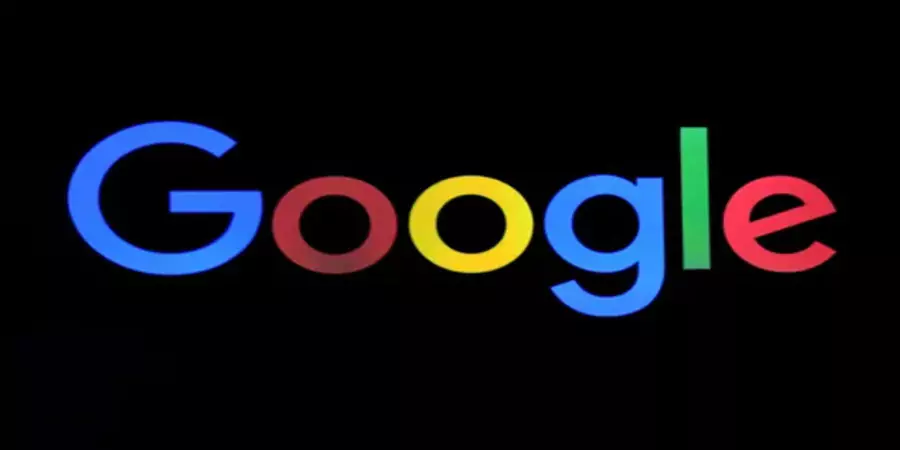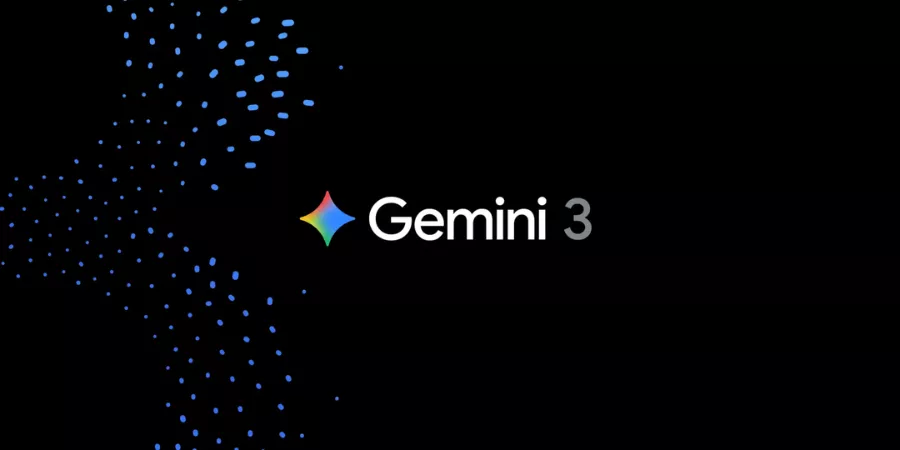The U.S. Department of Justice (DOJ) has raised fresh alarms over Google’s growing use of artificial intelligence, warning that the tech giant could leverage its AI products to further entrench its monopoly over online search. This pivotal argument was presented as a historic antitrust trial against Google officially kicked off this week.
Described as one of the most consequential antitrust trials in decades, the case could redefine the digital landscape—potentially leading to major structural changes at Google, including the sale of its Chrome browser and an end to exclusive default search deals with device manufacturers like Apple and Samsung.
AI and the Future of Search
In his opening statement, DOJ attorney David Dahlquist emphasized the growing overlap between AI and traditional search services. He cautioned that without strong regulatory intervention, Google’s AI advancements—like the Gemini AI app—could further funnel users into its search engine, reinforcing its dominance.
“Now is the time to tell Google—and all other monopolists—that there are consequences when you break antitrust laws,” said Dahlquist. He urged the court to adopt forward-looking remedies that acknowledge how technologies like generative AI are reshaping the future of online information.
Gemini AI, Samsung, and Market Influence
A key focus in the DOJ’s argument is Google’s recent deal with Samsung, under which Google pays a monthly fee to have its Gemini AI app pre-installed on smartphones and other devices. The financial details were not revealed, but Dahlquist described the payment as “an enormous sum,” with the agreement possibly extending to 2028.
According to the DOJ, such deals extend Google’s control over both search and emerging AI services—cementing its influence at the expense of competition.
DOJ Seeks Sweeping Remedies
To dismantle Google’s search dominance, antitrust enforcers have proposed:
- Ending exclusive agreements with device makers like Apple.
- Requiring Google to license search data to competitors.
- Forcing the sale of the Chrome browser.
- Mandating divestiture of Android, if other remedies fail.
These remedies, if enacted, could open the search market to emerging players and curtail Google’s control over search defaults and browser access.
Google Pushes Back
Google’s legal team, led by attorney John Schmidtlein, pushed back hard, accusing the DOJ of crafting “a wishlist for competitors.” Schmidtlein argued that companies like OpenAI, which created ChatGPT, are thriving in the AI space without handouts.
“Google’s innovations should not be penalized simply because others want an easier path to compete,” he said.
Google also claims the case is limited to search-related practices and that its AI developments fall outside the scope of the trial. Executive Lee-Anne Mulholland warned that the proposed remedies could stifle American innovation.
Industry Reactions and Witnesses
The courtroom is set to hear testimony from key industry leaders, including Nick Turley, OpenAI’s product head for ChatGPT. Google is expected to call witnesses from Mozilla, Apple, and Verizon to support its argument that default search deals benefit users and smaller tech firms financially.
The tech giant also claims that removing its payments to browser developers could raise smartphone prices and hurt smaller companies that depend on this revenue to stay operational.
A Non-Partisan Legal Battle
Assistant Attorney General Gail Slater emphasized that this antitrust lawsuit—launched under the Trump administration and now pursued under President Biden—has bipartisan backing. She referred to it as a “nonpartisan effort” to uphold fair competition across digital markets.
The DOJ recently scored a win against Google in a separate advertising technology antitrust case, showing momentum in its broader crackdown on Big Tech dominance.
Meanwhile, other tech giants like Meta are also under the microscope, with upcoming antitrust trials related to the acquisitions of Instagram and WhatsApp.
Final Thoughts
As AI continues to redefine how we interact with the internet, the outcome of this trial will set a critical precedent. Whether it ends with a court-mandated breakup or tighter regulations, the ruling could reshape the tech landscape and influence how AI and search coexist in a fair and competitive marketplace.









